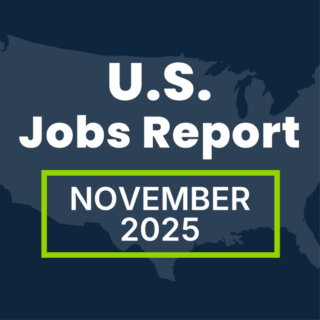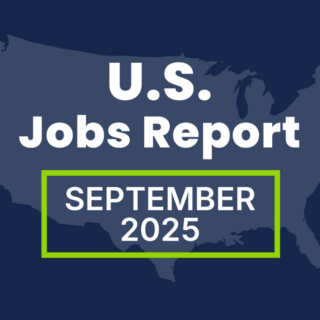While marijuana is still illegal at the federal level, states continue to legalize the substance for both medical and recreational uses. Medical use is legal in 36 states, while 18 states now have legalized recreational cannabis. Now, some states and local governments have passed laws implementing restrictions or limitations on drug testing for marijuana.
Those jurisdictions include:
- Boulder, Colorado
- Connecticut
- District of Columbia
- Nevada
- New Jersey
- New York
- Philadelphia, Pennsylvania
- San Francisco, California
- Rhode Island
- Vermont
Employers that operate in any of these areas should consult with an attorney about the specifics of each local requirement. For example, in New York, the law prohibits employment discrimination against people who lawfully use recreational marijuana off duty, and in New Jersey, employers cannot take adverse employment actions based “solely” on a positive marijuana test. Depending on the specific jurisdiction, there may be financial penalties for failing to comply.
Additionally, you may trigger other employment when evaluating workplace marijuana issues, such as discrimination and disability accommodation laws.
However, as marijuana remains illegal federally, state laws generally contain exceptions for employers regulated by federal law. There are also generally protections for “safety-sensitive” jobs like truck drivers or forklift operators. On-the-job use or possession of marijuana is not allowed in any jurisdiction, nor is impairment or working under the influence of marijuana.
Because of the growing popularity of these laws and a tight labor market, many employers have stopped testing for marijuana, according to Bloomberg Law. In one high profile case, Amazon announced that the company would stop testing workers for marijuana, citing the complex patchwork of state and local laws. Business Insider also reports that company officials have also tied the decision to the labor shortage, with Amazon senior VP of human resources Beth Galetti saying, “Eliminating pre-employment testing for cannabis allows us to expand our applicant pool.”




